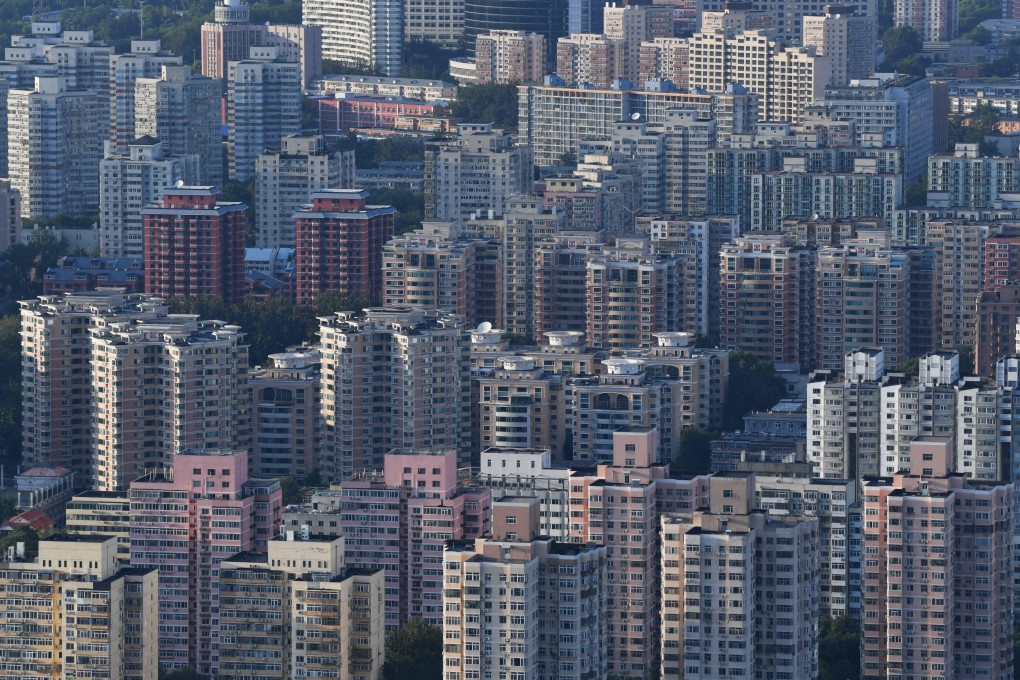Opinion | China’s housing bubble fuelled its spectacular growth, but is the country ready for a day of reckoning?
- China’s two-decades long real estate boom, which has been a massive driver of wealth, is showing signs of burning out
- But bond defaults by developers are just the start – local governments and banks are likely to be caught in the fallout

China’s indebted property developers are symptoms, rather than the cause, of its housing problem.
The nation’s real estate boom, which started in 1999 when then premier Zhu Rongji privatised home ownership, is one of the most spectacular economic phenomena in recent history. It has profoundly changed China’s urban landscape and improved living standards for hundreds of millions of people.
But it has also tilted wealth towards the state and capital over labour, and, more importantly, changed the notion among many Chinese that wealth is built by saving, not borrowing.
China’s property machine has been sustained by three key ingredients: a land supply system borrowed directly from Hong Kong, where the municipal government has a monopoly; an extraordinary monetary easing cycle where broad money supply has increased 20 times over the past two decades; and a nationwide zeal to invest household wealth into property, rather than other assets.

02:28
Angry protest at headquarters of China Evergrande as property giant faces liquidity crunch
But the machine, which has helped fuel China’s growth, is showing signs of burning out. Demand for housing is being exhausted, with more empty buildings and fewer young people.
